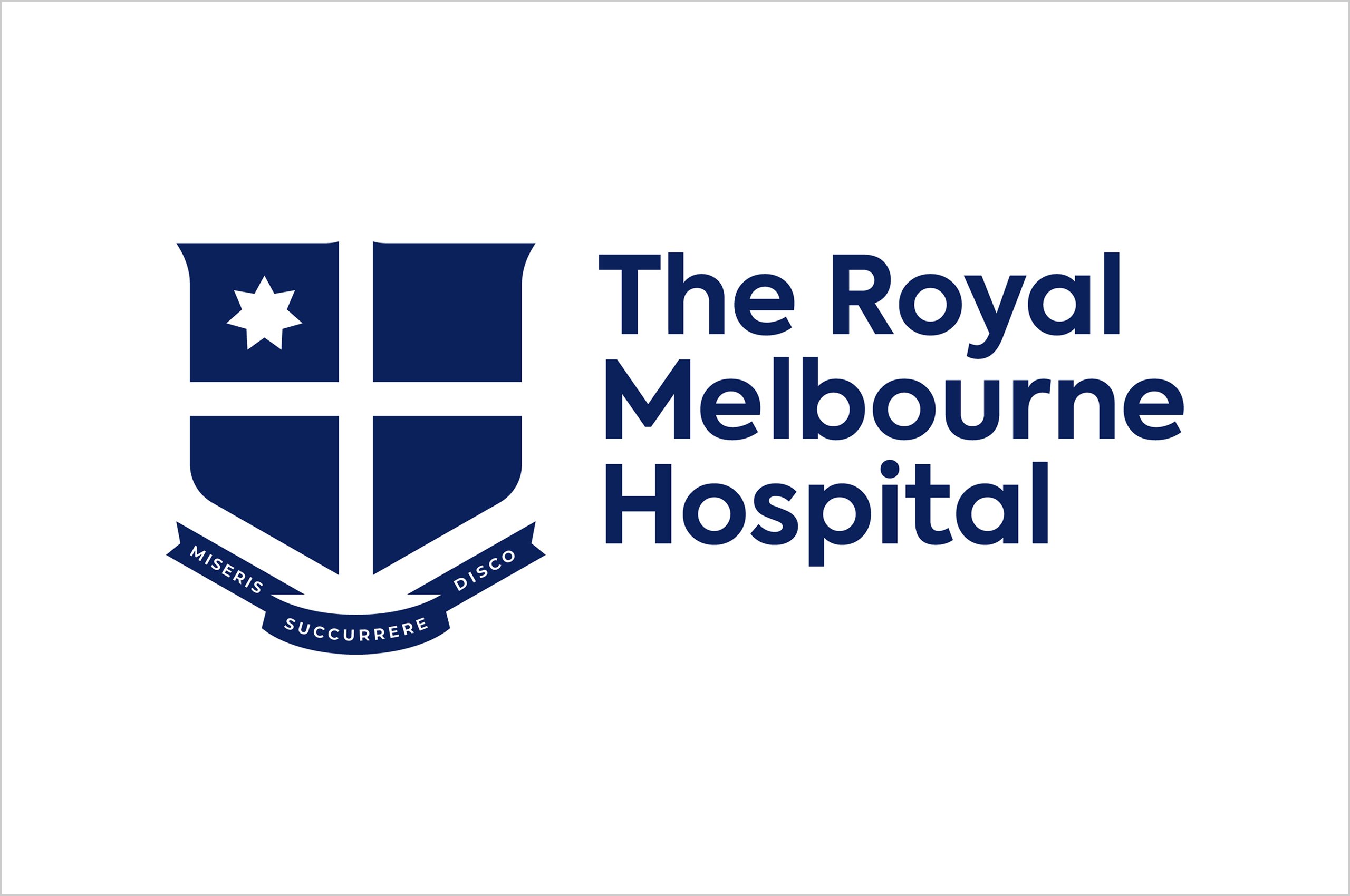The Royal Melbourne Hospital

The partnership between the Royal Melbourne Hospital and La Trobe University is strengthening the evidence base for allied health and nursing practice to enhance patient care, develop innovative healthcare models and translate research findings into practice.
La Trobe academic staff work with the Royal Melbourne Hospital and other University partners to further the strategic direction of allied health and nursing research.
The aims of the Royal Melbourne Hospital ARCH collaboration are to conduct high quality research as the basis for evidence-based clinical practice, workforce capacity building and education; connect the Royal Melbourne Hospital clinicians with researchers and resources at La Trobe University; develop strategies aimed at increasing research output at the Royal Melbourne Hospital; and to collaborate with the Melbourne Academic Centre for Health.
About the Royal Melbourne Hospital
The Royal Melbourne Hospital has been providing care to people in Victoria since 1848. Across the Parkville, Royal Park and North-Western Mental Health sites, in the community and with partners, the vision of the Royal Melbourne Hospital is to be first in care, research and learning. It is committed to building a positive, safe, patient-focused culture.
As one of the largest hospitals in Victoria, the Royal Melbourne Hospital in Parkville provides a comprehensive range of health services across three campuses. The City campus provides general and specialist medical and surgical acute services. Sub-acute services, including rehabilitation and aged care, outpatient and community programs are provided from the Royal Park campus.
The Royal Melbourne Hospital plays a key role within the broader Victorian health sector as a major referral service for specialist and complex care, including trauma. It features Centres of Excellence for tertiary services in neurosciences, nephrology, oncology, cardiology and genomics.
NorthWestern Mental Health, a service of the Royal Melbourne Hospital, provides general and specialist mental health services to youth, adult and aged people within the community, residential and health services.
Care is delivered through six programs, spanning 32 sites across Melbourne’s northern and western suburbs. NorthWestern Mental Health also delivers several state-wide specialist services, including neuropsychiatry and eating disorder services.
Research
The partnership between the Royal Melbourne Hospital and La Trobe University generates evidence for practice in allied health, nursing and other health professions. The goal is to enhance the patient experience and outcomes, and to build research capacity across nursing and allied health.
Examples of research at the Royal Melbourne Hospital include:
- Nursing experience and practice during the 2020 COVID-19 pandemic
- Strengthening Hospital Responses to Family Violence
- Evaluation of cultural awareness training at the Royal Melbourne Hospital.
Education
The partnership between the Royal Melbourne Hospital and La Trobe University provides clinical education placements for allied health and nursing students in both acute and sub-acute care settings, and mental health and community services. Disciplines include nursing, social work, physiotherapy, speech pathology, occupational therapy, and nutrition and dietetics.
Clinical education helps to prepare students to become work-ready graduates that serve the health sector and the community. La Trobe collaborates closely with the Royal Melbourne Hospital to ensure that students receive quality professional learning experiences that complement critical teaching content, integrate theory with application, and ensure students gain essential working knowledge of evidence-based practice and current industry practice.
Together, La Trobe and the Royal Melbourne Hospital lead many capacity building activities including research higher degree supervision, seminars, journal clubs and mentoring. There is also mentoring and support for quality projects and small research projects relevant to healthcare professionals, consumers and services.
- Nguyen VNB, Lawrence K and McGillion A (2020) The Effectiveness of Partnership Models in Clinical Nursing Education: A Scoping Review, Nurse Education Today, 90: 104438. Read the paper
- Spelten E, Thomas B, O’Meara P, van Vuuren J and McGillion A (2020) Violence against Emergency Department Nurses: Can we Identify the Perpetrators? PLoS ONE, 15(4): e0230793. Read the paper
- Boardman G, Lawrence K and Polacsek M (2019) Undergraduate Student Nurses’ Perspectives of an Integrated Clinical Learning Model in the Mental Health Environment, International Journal of Mental Health Nursing, 28: 96-104. Read the paper
- Campbell F and Watt E (2019) An Exploration of Nursing Practices Related to Care of Orthopaedic External Fixators (pin/wire sites) in the Australian Context, International Journal of Orthopaedic and Trauma Nursing, 36: 100711. Read the paper
- Hughes S, Lewis S, Willis K, Rogers A, Wyke S and Smith L (2019) Goal Setting in Group Programmes for Long-term Condition Self-management Support: Experiences of Patients and Healthcare Professionals, Psychology and Health, 35: 70-86. Read the paper
- Liddle J, Clemson L, Mackenzie L, Lovarini M, Tan A, Pit S, Roberts C, Tiedemann A, Sherrington C and Willis K (2019) Influences on General Practitioner Referral to Allied Health Professionals for Fall Prevention in Primary Care, Australasian Journal on Ageing, doi: 10.1111/ajag.12680. Read the paper
- Boardman G, Lawrence K and Polacsek M (2018) Preceptors’ Perspectives of an Integrated Clinical Learning Model in a Mental Health Environment, International Journal of Mental Health Nursing, 27: 1420-1429. Read the paper
- Livesay K and Lawrence K (2018) Staff Perception of the Sustainability of a Mature Simulation Program in Nursing and Midwifery Education: A Phenomenological Analysis, Nurse Education Today, 71: 145-150. Read the paper
- Ward L and Barry S (2018) The Mental Health Master Class: An Innovative Approach to Improving Student Learning in Mental Health Nursing, International Journal of Mental Health Nursing, 27: 1501-1510. Read the paper
- Doyle K, Sainsbury K, Cleary S, Parkinson L, Vindigni D, et al. (2017) Happy to Help/Happy to be Here: Identifying Components of Successful Clinical Placements for Undergraduate Nursing Students, Nurse Education Today, 49: 27-32. Read the paper
